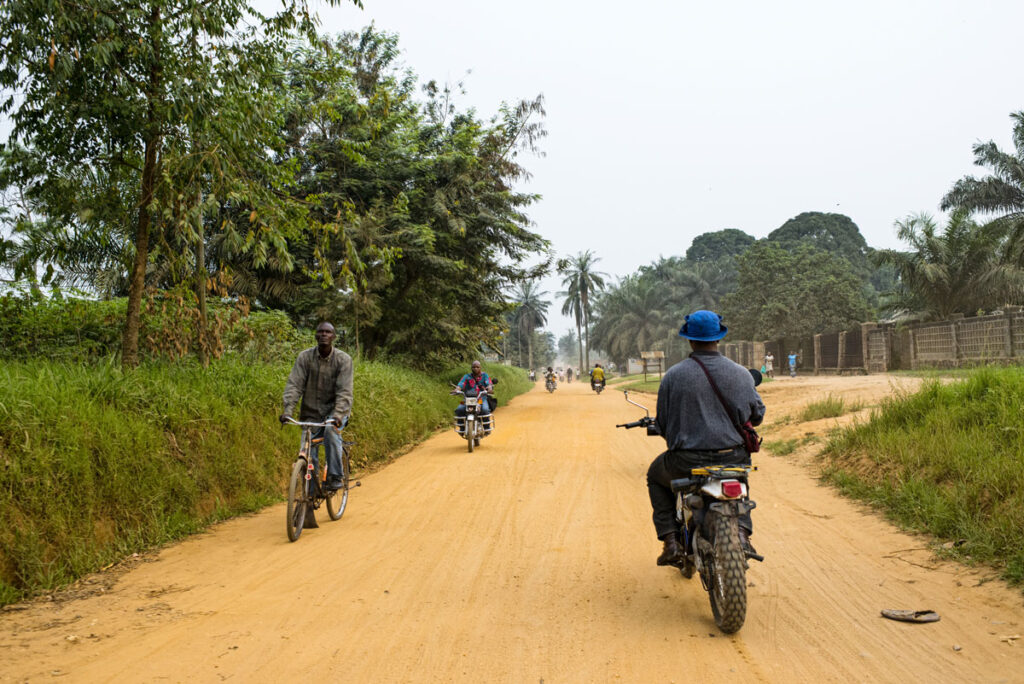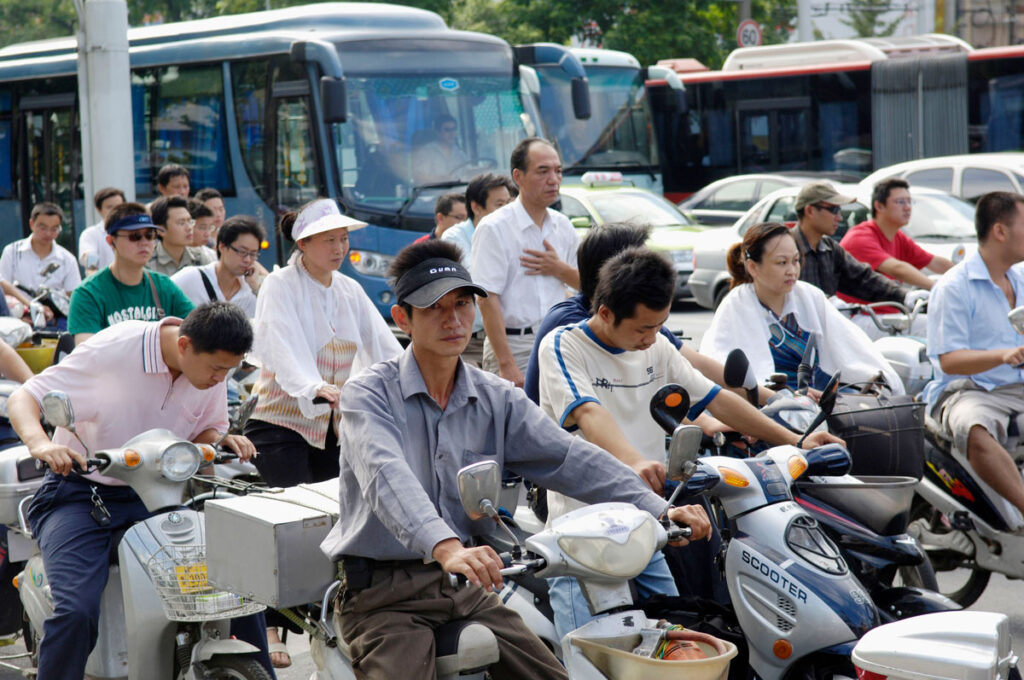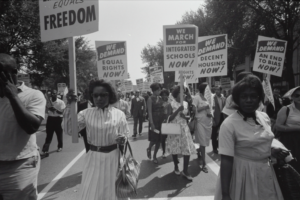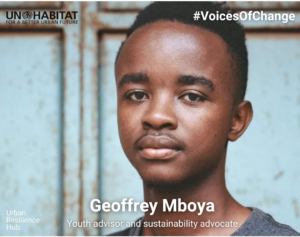In March of this year UN-Habitat convened a two day meeting in Barcelona to explore the possibilities of setting up an Urban Resilience Institute with partners from 10 Universities across the globe.
This meeting took place in the context and background from 2016 of a number of global initiatives in relation to urban futures, the quality of life for communities, climate change and the continuing drive for sustainable solutions to the world’s urban social, economic, environmental, security and governance issues.
Indeed UN-Habitat’s new Urban Agenda was launched in October 2016 and followed the publication of the UNs Sustainable Development Goals and the Paris Agreement on Climate Change. Although much has changed politically in this time the continuing urbanization of the planet and the impacts of humans on the planet combine to demand urgent strategic thinking, policy responses and practice based innovations to increasingly difficult and life threatening futures for people in vulnerable conditions now and more widely for people in general over the next 10 – 20 years.
- What is urban resilience?
- What are the key factors and conditions for achieving urban resilience?
- What is needed for successful long-term approaches to urban resilience?
- How do you persuade politicians to make long term decisions for the future?
- What are the key messages for International Organisations, Governments, Cities, NGOs and Communities?
- How do we understand city governance and action for resilient futures within the complexity of local and global change?
UN-Habitat has been working in the area of Disaster risk reduction for considerable time and their City Resilience Profiling Programme provides a rigorous methodology for urban communities that has inspired cities from very different parts of the world to engage with the notion of becoming more resilient to both human and natural disasters. There are many more initiatives across the globe from different institutions on these issues and in some ways this has become a rather crowded space with a need for clearer focus, strategic direction, short term and long term innovation, action at scale, improved and speedier learning and pooling and targeting of resources.

Image: On the way from Kisangani to the Masako village, Democratic Republic of Congo © Ollivier Girard.
With this clearly in mind the 10 Universities and UN-Habitat have come together and are using their experiences from a wide range of contexts and disciplines in a collective approach to assist and advise international institutions, governments, cities, NGOs, communities and those on the front line with a range of information, support, research and interventions. Although it is early days in this new initiative it is clear that there is a strong commitment from all concerned, experience and coverage in all continents and an unfolding agenda of activities and actions that can be understood through an emerging ‘prospectus’ for discussion.
The emerging ‘prospectus’ for discussion includes:
- developing an interactive archive of practice in aspects of urban resilience across the globe
- assessing critically practice in different aspects of urban resilience to understand the conditions needed for positive interventions
- evaluative research of urban resilience as practised to learn from and support the field
- comparative research of urban resilience in different settings and different forms of threat and disaster
- developing and understanding inter-disciplinary and trans-disciplinary approaches to urban resilience
- developing case studies of the process of cities and parts of cities becoming more resilient
- developing innovations in education from school through to university degrees to doctoral theses to professional and political post experience and life long learning
- making sense of the culture and politics of introducing the values of resilient futures
- developing policies and funding for innovations in urban resilience that can be at scale to make a larger impact
- developing collaborating partnerships with actors across different scales and issues to jointly make progress on interventions and change for urban resilience
As a ‘Virtual Urban Resilience Institute’ we are developing these aspects of support for Urban Resilience and we are very open to ideas and innovations from practice, communities, government, NGOs and other agencies who find themselves under pressure now or know they will be in the future.







